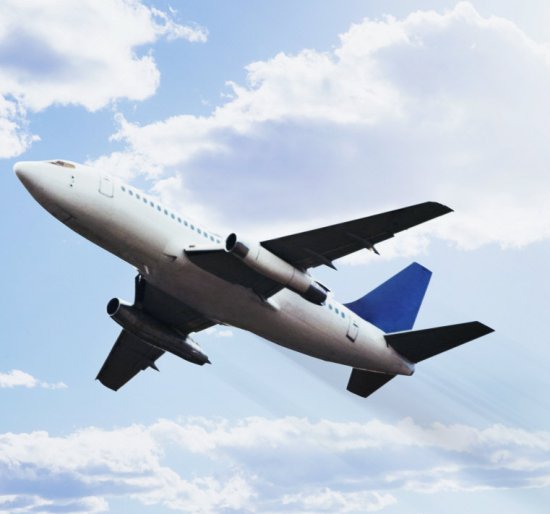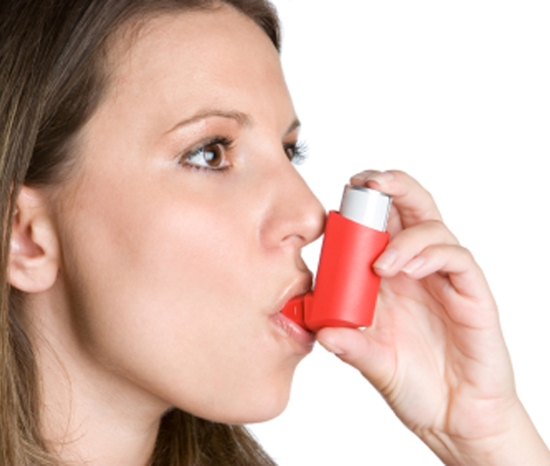It is very important to take the necessary precautions after every surgery, be it major or minor. One of the biggest aspects of post-surgical care is precautions while taking a flight.
Each airline has its own set of precautions when it comes to flying after surgery and hence, you need to choose the one which offers reliable precautionary measures. If you have had a major surgery, you need to check with your surgeon as well as your general physician if you are fit enough to take a flight. Below given are some precautionary tips for flying after surgery.

- If you are flying after a keyhole surgery, do not fly for two days and for four to five days after simple abdominal surgeries. Keep 10 days after chest surgery or a bypass surgery and seven days after an eye surgery.
- You should not take a flight for at least six weeks after a craniotomy and four weeks after brain biopsy surgery.
- If you have had a surgery after which a plaster cast is applied to your limb, you will have to purchase an extra seat in order to keep yourself comfortable because you might not be able to bend your hands or legs properly.
- Make sure that you have valid travel insurance with claim on any disasters or accidents during journeys. Make sure that you have your policy terms checked and also inform your insurance company about the surgery you have had and also about the flight which you are taking. Submit all the proofs in advance so that if any unfortunate incident takes place, you would already have everything in place.
- Make sure to carry your medicines. Speak to your surgeon in detail about the medicines to be taken and ask him for any specific medicines required during flights.
- Make sure that the stitches which you have received during surgery are not very fresh and tender as there are chances of them getting torn during the turbulences of flights.
- Take care while putting on your seat belt. In case you have stitches in and around your abdomen or hips, do not tighten the best a lot as it might disturb the stitches and cause pain or some internal harm to the freshly operated organ.
- Talk to the Air hostess, Stuart or flight attendant about your medical conditions. Give them complete information about your medical condition and also request them to remind you of medicines in case you tend to forget things. An alternative is to set an alarm on your watch or mobile phones.
- Eat carefully. Selecting meals on a flight is a tough task. When you have had a surgery, it is even more important to select the right meal. Speak to your surgeon as well as general physician in advance and take their advice over what you should eat during the flight.
Though one must avoid the flight soon after the surgery but still it is urgent then necessary precautions must be taken in order to avoid any complications.











